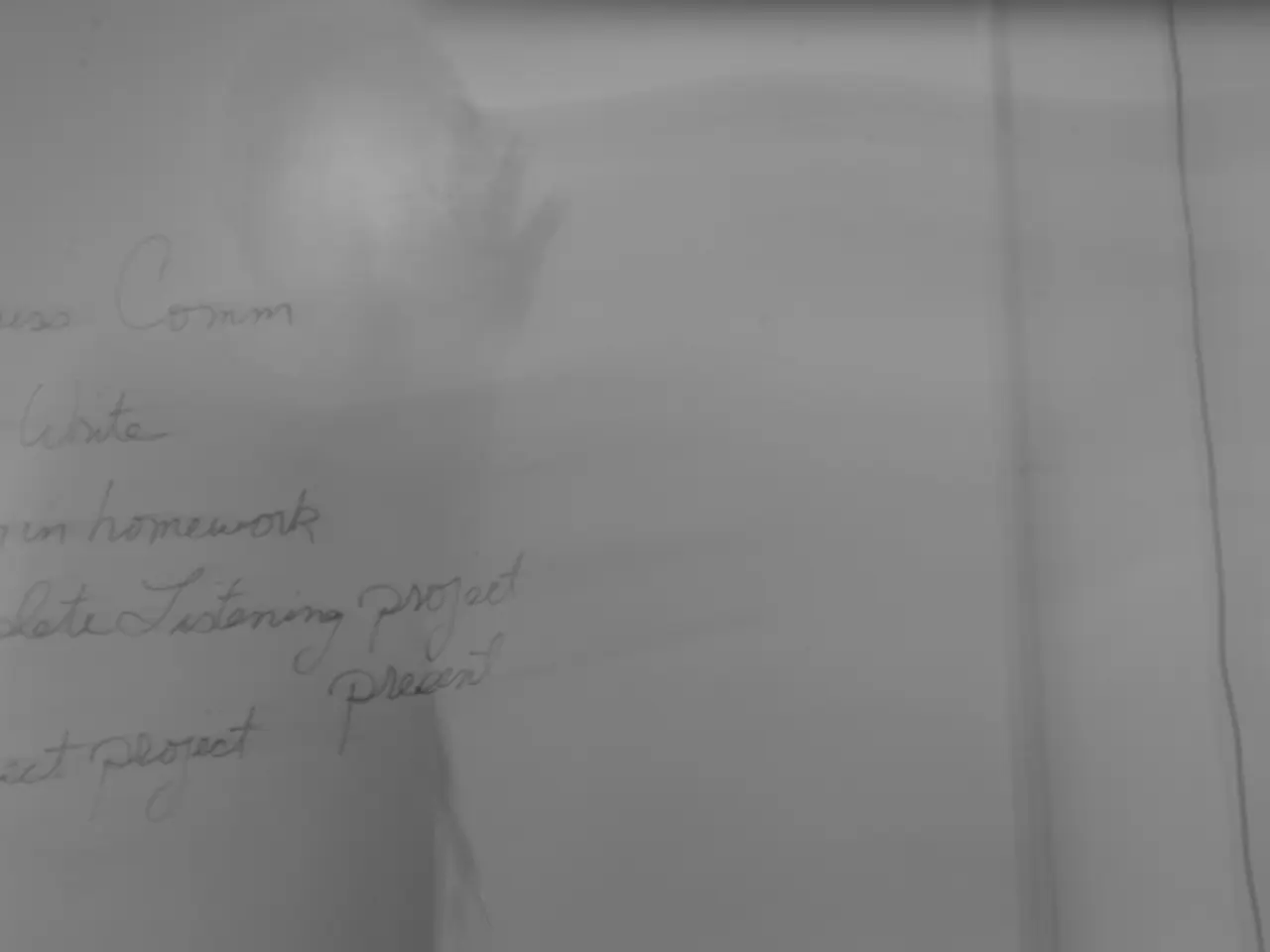Discord on judge nomination between political factions - potential face-to-face dialogue? - Dispute among coalition members regarding the selection of a judge, potentially leading to a face-to-face discussion.
A significant dispute within Germany's governing coalition has arisen over the appointment of judges to the Federal Constitutional Court, causing a delay in the court's full composition. The controversy revolves around the nomination of law professor Frauke Brosius-Gersdorf, who faces opposition from the Christian Democrats (CDU) and Christian Social Union (CSU) due to plagiarism allegations and controversial views on issues such as abortion and mandatory COVID-19 vaccinations.
The CDU/CSU bloc withdrew their support for Brosius-Gersdorf just hours before a scheduled parliamentary vote, threatening to prevent the two-thirds majority needed for her appointment. In response, the Greens joined the SPD in calling for the postponement of the entire vote concerning all three vacant Federal Constitutional Court seats, arguing that a selective delay would be disrespectful and damaging to the court's legitimacy.
Despite the ongoing dispute, no confirmed direct meetings between the SPD and Union factions have been reported to resolve the issue. The SPD is preparing an emergency meeting internally, while the leaders of the CSU/CDU aim to limit the damage from the dispute.
The reappointment of Judge Frauke Brosius-Gersdorf is not without controversy. SPD fraction deputy Sonja Eichwede has expressed willingness for Brosius-Gersdorf to personally introduce herself to the Union fraction to dispel doubts. However, the resistance in the Union fraction against Brosius-Gersdorf was foreseeable due to turbulence at the start of the summer break.
The failed election has not affected the independence and functionality of the Federal Constitutional Court, as retiring judges must continue in their roles until a successor is elected. The election of Brosius-Gersdorf, along with two other new judges for Karlsruhe, was removed from the Bundestag's agenda at short notice.
Ferdinand Kirchhof, former Vice President of the Federal Constitutional Court, sees consequences for the Court's work following the failed election, with only short proceedings likely to be handled. Britta Haßelmann, co-chair of the Green faction, has demanded an extraordinary session of the Bundestag for a new start, accusing Jens Spahn of bearing responsibility for the failed election.
Meanwhile, SPD chief of staff Thorsten Frei expressed confidence that the coalition fractions will find a feasible solution over the summer. Alexander Dobrindt (CSU) admitted that the process for the judicial reappointment was not as planned, while Dirk Wiese, the first parliamentary business manager of the SPD faction, expressed surprise at the Union faction's decision not to follow the original recommendation of Jens Spahn and Friedrich Merz.
The SPD continues to support Brosius-Gersdorf, with Eichwede accusing critics of sometimes misrepresenting her. Alexander Hoffmann, group leader at CSU, called for agreement on a joint candidate package for the Federal Constitutional Court, suggesting that time should be taken to ensure a good decision.
As the coalition navigates this challenging period, the future composition of the Federal Constitutional Court remains uncertain, raising concerns about the court's perceived legitimacy and the coalition's stability.
The ongoing dispute over the appointment of judges to the Federal Constitutional Court, as exemplified by the case of law professor Frauke Brosius-Gersdorf, is a matter of significant political contention and policy-and-legislation importance in Germany. This controversy, fueled by plagiarism allegations and controversial views on issues such as abortion and mandatory COVID-19 vaccinations, has caused a delay in the court's full composition and sparked discussions in general-news spheres.








